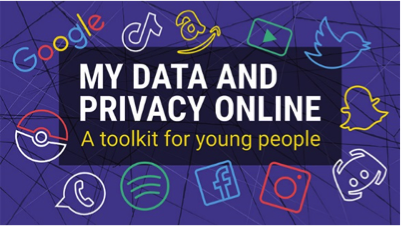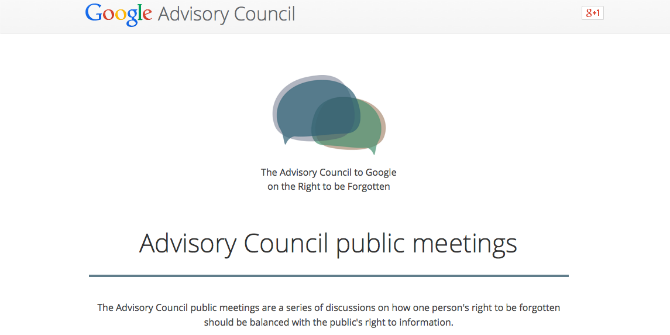When is it justified to intrude, even illegally, on the private lives of politicians, celebrities and members of the public? This is one of the key questions we face in the wake of the phone hacking scandals. Unfortunately, debate on the topic has been an evidence free zone so far.
But here is some very interesting summer reading for those formulating policy around phone hacking. It is an in depth study of views relating to media, the public interest and privacy.
The study* is interesting because:
1. The interviews, surveys and focus groups it is based on took place around the time (September 2001) that much of the alleged phone hacking was taking place, but before there was much public debate or outrage about it and as such represent thoughtful, genuine views.
2. It is a record of the views of the public, not journalists, celebrities or politicians (all of whom are partial on this issue but have captured public debate on it). They are specifically asked whether and under what circumstances phone tapping by journalists is justified.
3. The authors of the study, David Morrison and Michael Svennevig developed some excellent scenarios for analysing the key ethical question for journalists: When is journalistic intrusion justified? They find that the public have sophisticated views on the topic, and in particular that they clearly delineate between stories with a strong public interest and celebrity tittle-tattle. Also interesting is that there is a strong perception among the public even at that point that the News International tabloids are much more intrusive into peoples privacy than others.
4. The Leveson Inquiry and others will also have to answer the difficult question of what are the internal procedures at newspapers for signing off on potentially illegal or unethical intrusion, and what criteria they use. It is extremely important that journalists are able to work without a box ticking, bureaucratic approach to making these calls, but equally that we don’t have a wanton disregard for people’s rights.
5. It is an independent study by some of the most respected academics in the field, funded by the broadcasting regulators of the time, together with IPPR.
At the time, I was not so taken with Morrison and Svennevig’s proposal that the confusing term ‘The Public Interest’ should be replaced by a new approach, and the term ‘Social Importance’. But I think the time has now come to debate precisely such a proposal.
Professor Richard Collins, also formerly of IPPR agrees that the question is really now about structures, procedures and who makes the ethical calls. Prediction: the terms ‘co-regulation’ and ‘audited self-regulation’ will be given long consideration by the Leveson Inquiry.
*Along with Andrea Millwood Hargrave at the Broadcasting Standards Commission, I commissioned the study when I was working at IPPR almost exactly 10 years ago. I sat in on the focus groups, some of which took place on the afternoon of 11 September 2001 in the periphery of Acton, if I remember correctly. The focus groups were understandably a bit distracted by the Twin Towers but Professors Svennevig and Morrison managed to focus them in on the public interest.





